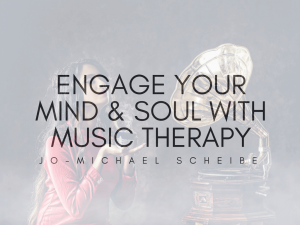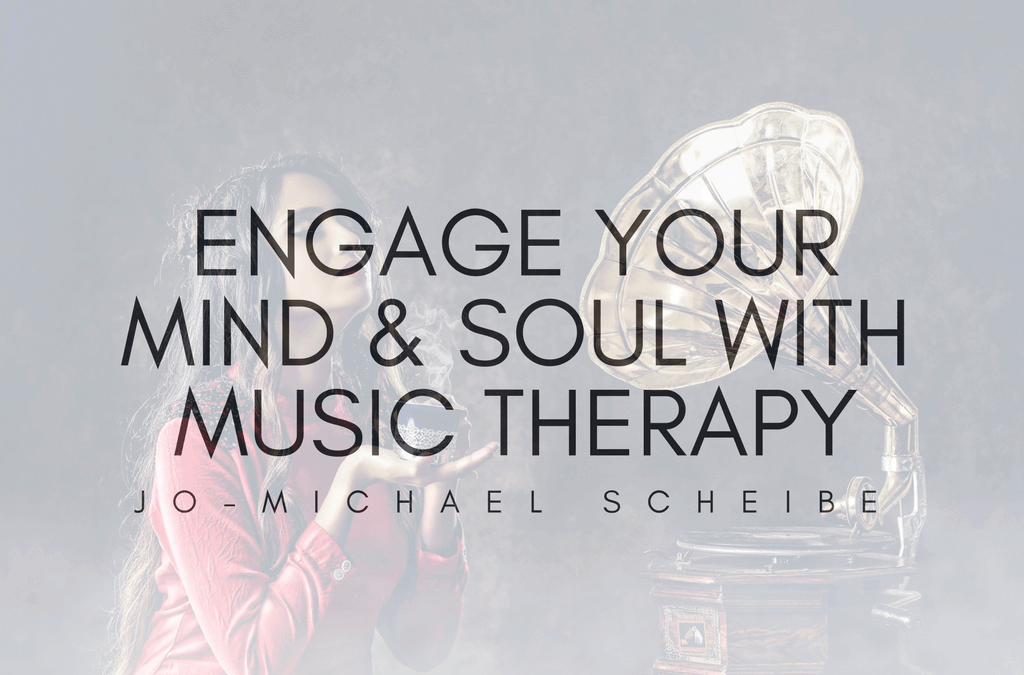 Believe it or not, music is good for your health!
Believe it or not, music is good for your health!
Whether you’re listening to the soothing melodious soulful singing of Aretha Franklin or the classic resonances of Beethoven, music has psychotherapeutic benefits.
Programs such as American Music Therapy Association help to encourage participants to utilize music therapy to manage stress and even alleviate pain. Music can change the brain in a number of ways. Please read on to learn more:
- Engage Emotion
- An example is a mother singing a lullaby to a newborn as a bonding experience or the excitement that is experienced when the group sings together in a concert. Music lends itself to emotions that can’t be expressed merely through words.
- Maintain/ Improve Memory
- For older friends and family, playing music that connects to their past can create the opportunity for storytelling and discussion. It establishes a foundation of generational understanding to reconnect people with meaningful experiences.
- Learning
- For those who have experienced nerve damage in the brain due to injury or disease, music and help create alternate neural pathways. The University of Newcastle in Australia did a study surveying patients with brain injuries and utilization of music to improve memory recall. Engaging the brain in a new way through singing and melodic intonation can provide the brain with new information to control speech.
- Attention
- Great music grabs you and creates anticipation. In a movie or a stage play, music bridges a story and help move the story along when no action is happening. The brain can use images of the song to activated targeted states. Sound and vibration is tool crafted by artists to invoke a specific mood or understanding.
Upbeat songs will increase the amount of dopamine and get you through a crowded subway/bus ride, a tedious gym routine or difficult work session. Try the following contemporary songs to get your energy to the next level:
- The Foundations – Build Me Buttercup
- Kelly Clarkson – Love So Soft
- Pharrell Williams – Happy
- Pointer Sisters – Automatic
- Gnarls Barkley – Crazy
- Earth, Wind & Fire – September
- Blondie – Heart of Glass
- La Roux – Bulletproof
- Wham! – Wake Me Up Before You Go-Go
Other songs with a slower rhythm can de-escalate a stressful day and give you a calmer peace of mind.
- Stevie Wonder – Living for the City 1974
- Coldplay – The Scientist
- John Mayer- Waiting on the Word to Change
- Leona Lewis – Run
- Michael Jackson – Human Nature
- Jesse McCartney – Because You Live
Impact your Mood with Music:
- Play an Instrument – Create a sense of self-satisfaction through a technical skill and mastery. Strengthen and exercise the brain
- Sing – Sing Like One is watching to decrease stress
- Chant – Develop a deep spiritual connection and focus
- Choir/Orchestra- Collaboration and socialization associated with music
Most emotions and memorable experiences can be associated with a song or melody –and positive or negative, most songs elicit an emotional reaction. Take control of music and use to it to rehabilitate your mood. Age and taste will dictate how certain songs impact your mood.

